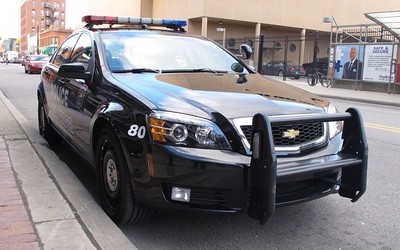2020 has already unpacked more in six months than most other years offer in twelve. For the past month, the death of George Floyd and the subsequent social reaction have dominated the headlines. Under growing pressure to “defund the police,” many cities are wondering whether it is, in fact, time for a new approach to policing and/or training. The uncomfortable fact is that most police officers have completed their training at a community college-based police academy. In California, this is true for 8 of 10 officers on duty.
So, the question is, “What’s gone wrong with officer training, and what can the police academy do to make things better?” The answer is not so simple, and it might not even be found at the local police academy.
For example, “implicit bias training” has been offered as a way to improve everything from policing to hiring practices. People are raising real questions about the effectiveness of implicit bias training, and its role in public service.
On the surface, implicit bias training sounds good. Teach people to recognize the unfounded assumptions they make about others, and you can avoid a lot of negative outcomes, right? Except that the science surrounding implicit bias is – at best – murky. Because the science around implicit bias is unsettled, the value of implicit bias training is open to question. That’s problematic because you can waste a lot of time and energy thinking that you’re doing something to reduce bias when you’re actually not.
Implicit bias training may not have the intended effect
One thing is becoming clear: implicit bias training works well in conjunction with other strategies to deflate bias and increase diversity when participation in the training is voluntary and the trainees are already receptive to the message.
When implicit bias training is mandatory, it doesn’t produce the same results. In fact, it might have the exact opposite effect.
So naturally, when a trustee at WCC says:
“There is plenty of talent out there and there’s the ability to select the people that have the right skills and the right sensitivity. There will be no oppression, abuse or people singled out.”
–Bill Milliken, Jr, September 2017
In relation to the Board’s approval of armed officers on campus and in the form of an ironclad guarantee, backed up by a policy that mandates implicit bias training, it should make everyone slightly less comfortable with having armed officers on campus who were required to complete implicit bias training as a condition of their employment.
It should also trigger an immediate review and evaluation of the selection of police academy recruits. And an evaluation of the curriculum considering the events of the past month. And the development of a plan to actively recruit more minority and female police cadets.
Which, by itself, might do more to reduce implicit bias among police cadets than a flimsy Board policy.
Photo Credit: Ninian Reid , via Flickr










